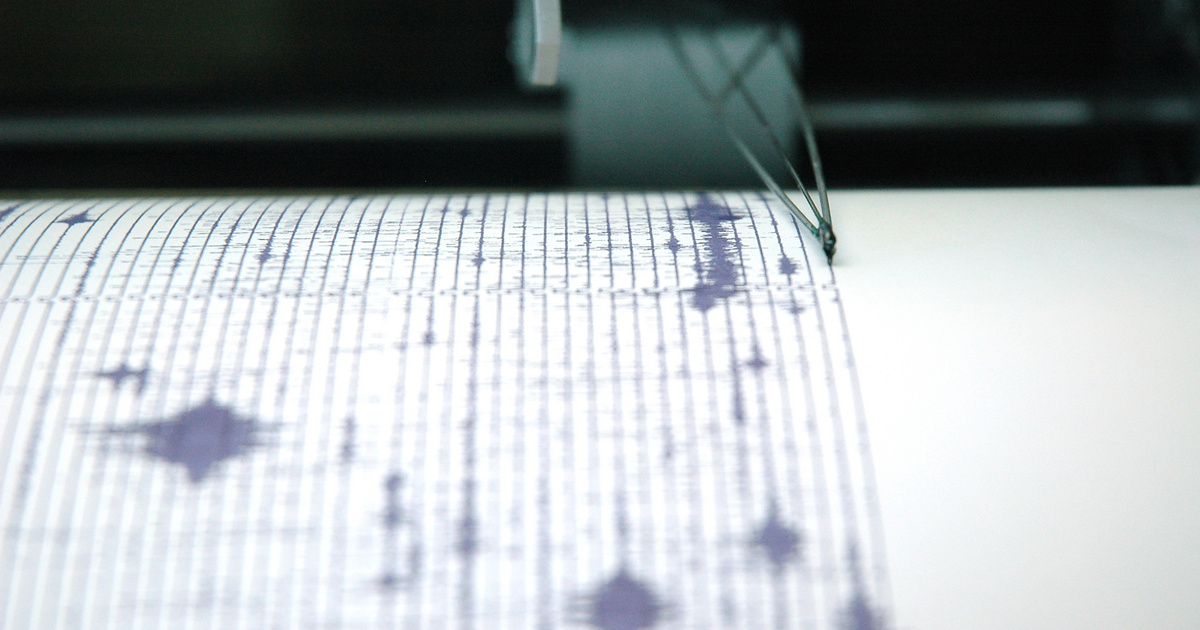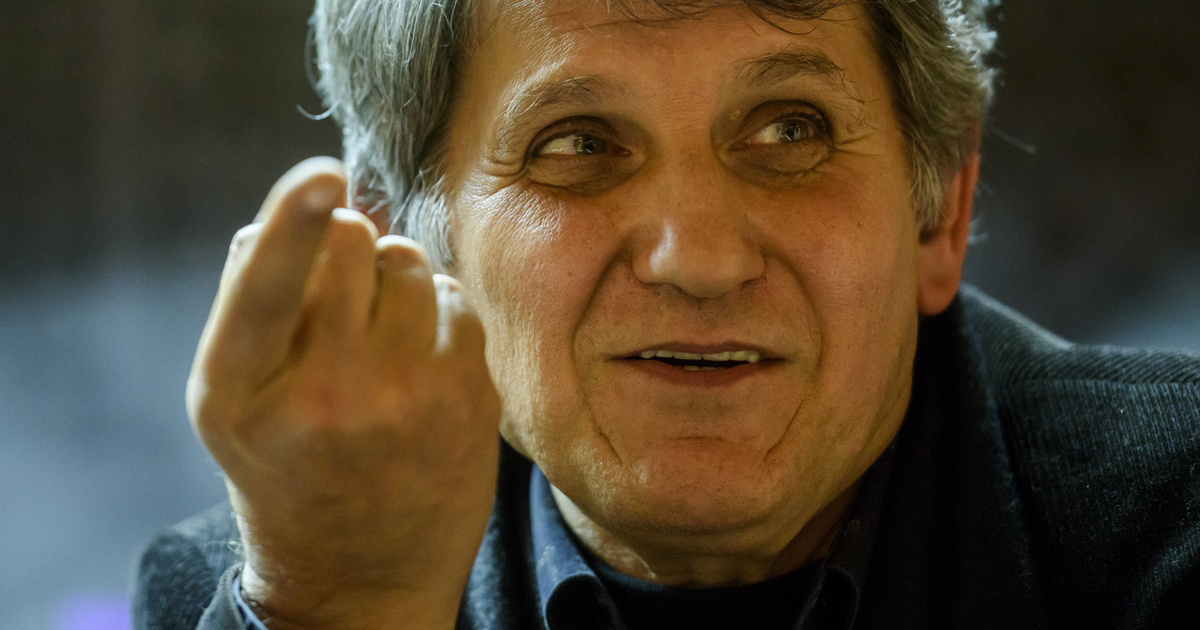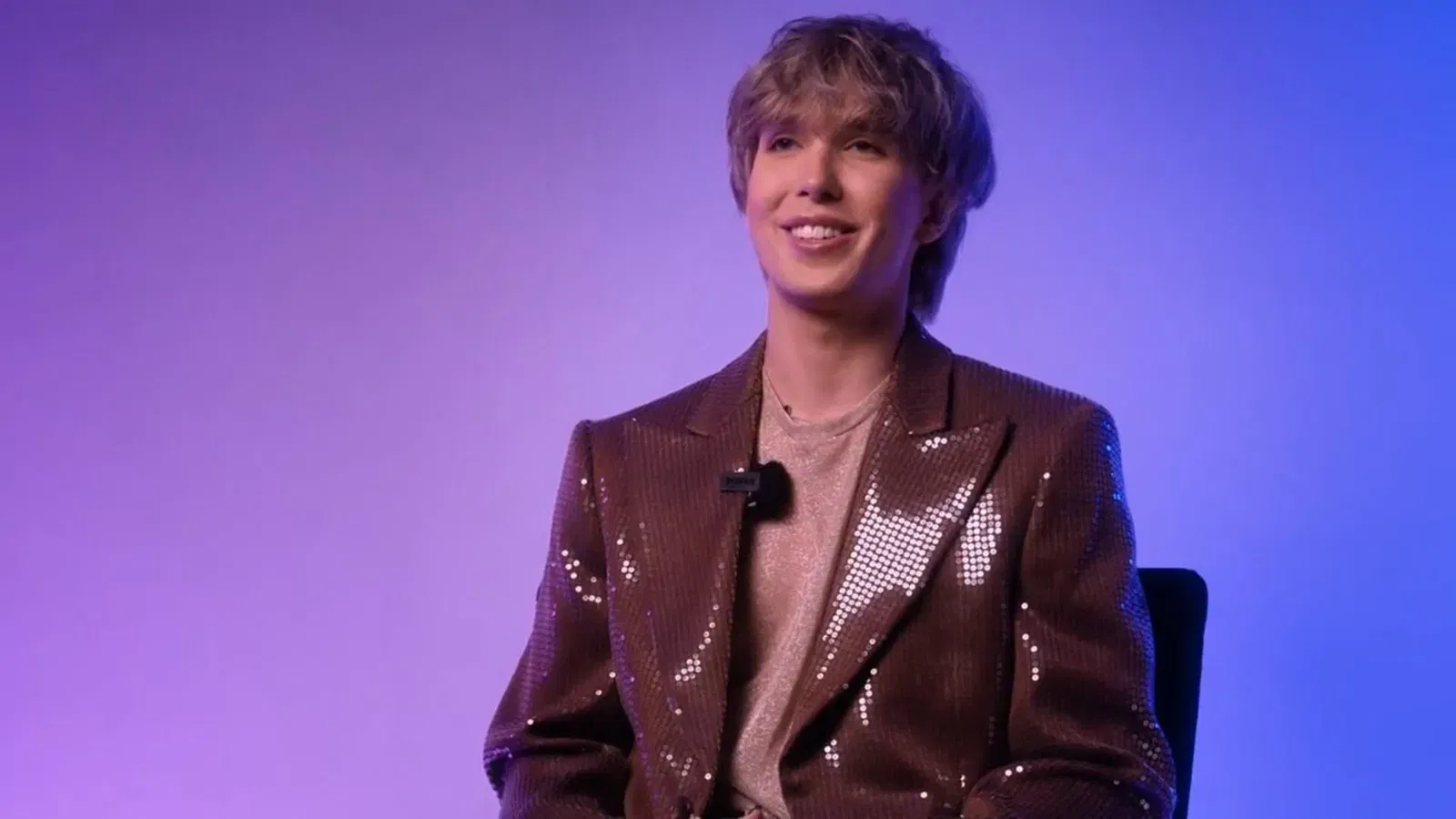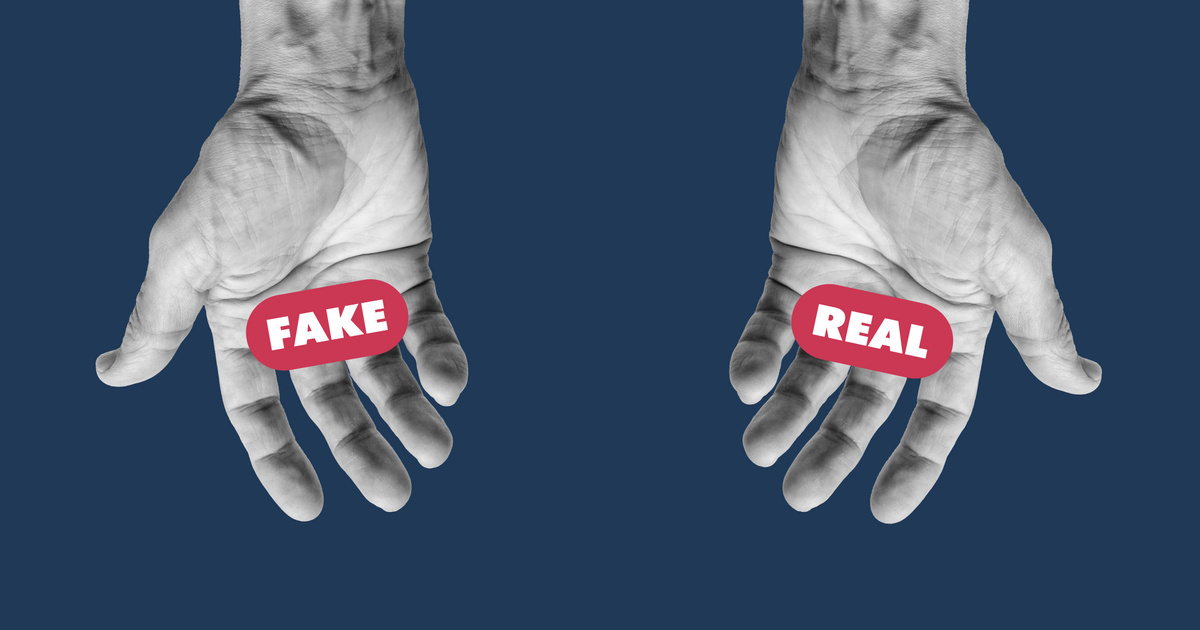Camouflage can be conscious, but it sometimes becomes an automatic reaction. This insincere behavior is often caused by negative reactions about the true self. But also in relation to illness Can be broughtFor example, when people with autism spectrum disorder or ADHD hide their characteristics in order to fit in.
But anyone can hide it, regardless of disease. The most trivial method, which probably everyone has used, is when we suppress our negative emotions, not wanting others to see our sadness, anger or frustration. We do not want to burden others nor do we want to appear weak. On the contrary, when we pretend to have positive emotions, we smile all the time, and this is basically normal for people who work with clients (or Americans). But I hope we see this on store vendors too! Neutral and indifferent facial expressions can also be a form of camouflage when we hide all our emotions. But camouflage can also be a feature of behavior if we consciously impose some behavior on ourselves. For example, when someone instinctively fidgets a lot in their chair, but sits straight and composed.
Explanation of camouflage
Social expectations and norms can lead to concealment, as many cultures have unwritten rules for expressing emotions. If you bump into someone in the street, the other person may be angry, but the most socially acceptable behavior on their part is to smile and say “no problem” (if they are not injured).
Gender stereotypes can also influence masquerading, as society expects men to be calm, strong, and emotionally restrained, while women expect compassion, affection, and care. This is why men hide their weakness and women hide their anger.
If we are in a closer relationship with people who do not respond well to displays of true emotion, we will tend to hide them. Of course, they're probably not navigating the world with their true feelings either.
At work, we are often expected to hide our emotions, for example, if we are working with clients, we should be friendly and positive, so why be honest with strangers? If we have to do this for too long, we become emotionally exhausted and exhausted. If the stakes are high at work, for example in the financial, legal or healthcare fields, we may feel obliged to not show it, anxious, stressed, vulnerable, insecure.
We need to appear trustworthy, competent and in control.
Therefore, employees do their best to hide their true feelings and appear confident and flexible.
The ability to pretend
Mental health conditions, anxiety, and mood disorders can affect an individual's tendency to hide emotions. Patients mainly hide their symptoms in order not to be judged and to integrate into society. To hide their weakness and instability, even highly anxious people present themselves as confident, open, and committed. But let's say that if someone is very cheerful and excited, there may be depression behind the mask, because he tends to exaggerate his “joy.”
Although this anonymity behavior does not sound very good, it has its benefits. In certain situations, it can help individuals navigate social interactions more smoothly, especially in professional or formal settings.
It can be a form of emotional regulation that can help us stay calm when we find ourselves in a difficult situation.
However, patients find it difficult and dangerous to hide themselves, as they can become disconnected from their true selves, so they can become lonely, isolated and suffer from identity problems because they can feel as if they are living a double life.
This can lead to a lack of self-confidence and a lack of self-acceptance. the lonely People with spectrum disorders are constantly adapting to the demands of their environment rather than embracing their unique characteristics. This adaptation to the environment is incredibly stressful, as they are constantly on alert, monitoring and monitoring behavior.
One Stady It showed that autistic adults who regularly disguised themselves were exhausted and lonely, with poor mental and physical fitness. Moreover, they only had superficial relationships, where they did not show their true personalities. Long-term suppression of emotions can lead to stress, anxiety, and depression, because there is no opportunity to process and express emotions in a healthy way.
But it's never too late to express true feelings, embrace vulnerability and open communication, so individuals can develop deeper connections with others and create a more supportive environment.












































